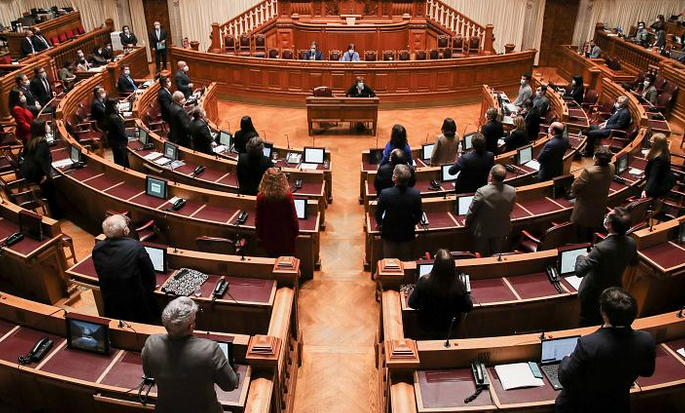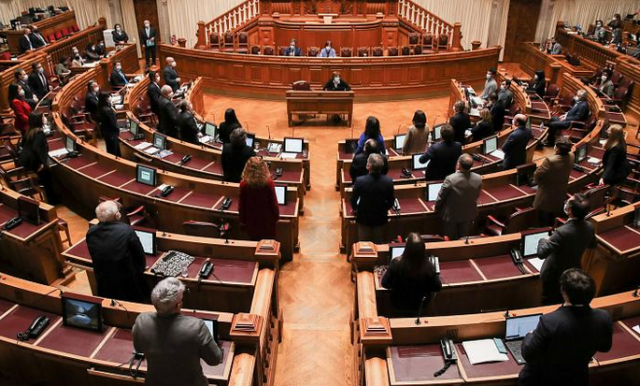
In theory, all votes count. In practice, many end up not having any impact on the composition of the Assembly of the Republic. The reality of the Portuguese electoral system does, in most electoral circles, only three parts – PS, PSD and arrive – have a real possibility of electing the deputies. This means that thousands of voters who choose other political forces vote without seeing their choice represented in Parliament.
Diogo Fernandes Sousa *
You are reading an article without paid access. Make a donation to help keep the newspaper for free online.
The question is not only a statistical curiosity, but a structural problem of Portuguese democracy. The Hondt method, used to convert the votes to mandates, promotes the most voted parts and brutally penalizes the smallest, especially in the smaller circles, where few deputies are elected. In these districts, a party can obtain significant votes for its reality without obtaining any term, while dominant parties can elect deputies with a smaller margin.
The result? A distorted parliamentary representation, in which many citizens do not have a real voice in the country’s decisions.
To worsen things, the financing of the party is linked to the votes obtained. That is, even when it is clear that a smaller party will hardly be able to elect deputies in a circle, its votes remain worthy. The question is: have voters really financed democracy or just a system that perpetuates their exclusion?
The solution to this problem involves the creation of a national compensation circle. This mechanism already exists in countries such as Denmark or Sweden and allows votes that do not directly involve the election of deputies in the district circles to be redistributed at national level, guaranteeing a more fair representation. With this model, each vote would have a real weight, regardless of the district in which it was recorded.
The introduction of a circle of compensation would be a step towards a more plural democracy, in which all political currents could actively participate in parliamentary life. It is not a question of benefiting from one party or another, but of ensuring that no voter believes that his vote was wasted.
The current system only serves to benefit from “larger” parties, which creates a disincentive to participation and limits political diversity in Parliament.
* Writer of the book “Direction of the Nation: Reflection on Portuguese”. Professor at the Jean Piaget Polytechnic Institute.
Follow the newsdeaveiro.pt channel on WhatsApp.
Advertising and services
»You can quickly activate promotional campaigns in the online newspaper NotíciaiasseAveiro.pt, as well as requesting other services. Consult information to include online advertising.





